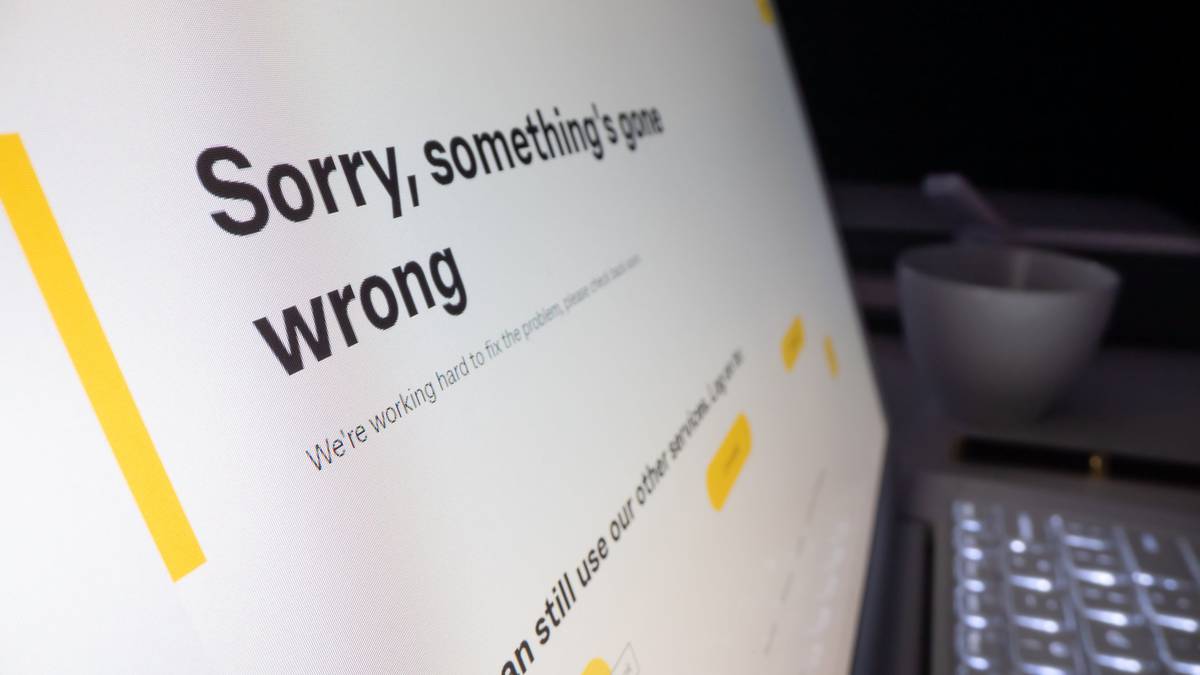An outage on the Vocus network is causing internet disruption for many cities across New Zealand.
A spokesperson said the Vocus engineering team has confirmed the issue is related to a distributed denial of service (DDoS) attack.
“Mitigation has been in place to reduce the impact, no current service disruption has been reported to VSC, we will continue to monitor the services and provide updates.”
The sudden loss of internet hit users in Auckland, Wellington and Christchurch at about 1.30pm.
Some users reported online connections had resumed about 2.10pm.
Vocus owns Orcon, Slingshot and Flip and so any of their customers would be impacted.
Vocus also provides a dedicated service for large corporate clients.
Some users reported online connections had resumed about 2.10pm.
Chorus has posted to those without internet that the system was currently under maintenance and apologised to customers.
A spokesperson for Chorus says the company was currently going through their systems to make sure everything is working but at this stage everything seems to be operating normally.
The spokesperson said they will be looking into what kind of support they can offer to Vocus.
Slingshot is reporting its also experiencing network issues affecting broadband connections and its website.
“We’re investigating urgently, and will share more news as soon as we can. Our apologies for the disruption,” it said in a Tweet.
All Apple Pay or payWave options have been taken offline in the internet crash.
Those making electronic transactions on their phones at supermarkets have been left without means to pay.
Kiwibank has posted on Twitter that there is a major problem with internet banking.
STORY CONTINUES AFTER BLOG
The bank said it had affected all services connected to its app and website.
“We’re looking into it at this moment with urgency,” the bank tweeted.
What is a DDoS attack?
Security company NortonLifeLocks says criminals prepare for a DDoS attack by taking over thousands of computers. These are often referred to as “zombie computers”. They form what is known as a “botnet” or network of bots. These are used to flood targeted websites, servers and networks with more data than they can accommodate.
A volume-based or “volumetric” DDoS attack sends massive amounts of traffic to overwhelm a network’s bandwidth, NortonLifeLock says.
The company says a DDoS attack has to be repelled at the internet service provider level, which often this involves temporarily blocking traffic from certain IP addresses.
Source: Read Full Article





